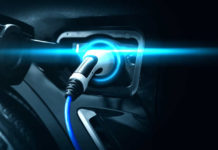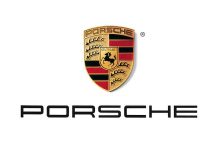Thai car makers to introduce eco-stickers
Four Thailand-based motor vehicle manufacturers, Honda, Mazda, Mitsubishi, and Mercedes-Benz, have all announced they have either begun or will begin to use ‘eco-stickers’ on their vehicles.
The eco-stickers provide information about a vehicle’s international standards and are viewed as a way for consumers to be better informed about a motor vehicles’ environmental impact, and hopefully will lead to improved purchasing decisions as more consumers become interested in, and concerned about, overall environmental issues in the country.
The eco-stickers are also helpful in providing a guide to what level of excise tax is payable on the vehicle, based on a new excise tax structure which is due to take effect in the first months of 2016.
The new excise tax has moved away from engine size as the key determinant, and instead will be based on carbon dioxide (CO2) emissions, E85 gasohol compatibility, and fuel efficiency.
The excise tax on vehicles with CO2 emissions below 100 grams per kilometre will be cut from 17 percent to between 12 and 14 percent, although the 10 percent tax rate for hybrid vehicles will remain unchanged.
Of course, the price of the vehicle will have as much of an impact as the perceived eco-quality, or otherwise, of a planned purchase, but if, as is planned, all vehicle manufacturers become parties to better fuel efficiency because of consumer demand, then the playing field will remain fairly level.
In early October, Mitsubishi Motors announced that all cars assembled at its Chonburi factory would carry eco-stickers.
Honda Automobile (Thailand) also announced it was starting to place the eco-stickers on its vehicles from early October, and this would apply whether the car made locally or imported.
The chief operating officer at Honda Automobile re-affirmed his company’s commitment to high standards, stating Honda wanted to create vehicles that were clean, efficient and safe.
The Japanese president of Mazda Sales (Thailand) said its flagship eco-car the Mazda2 was ready for the eco-sticker, stating it currently ran at the maximum of 100 grams per kilometre for CO2 emissions and had a fuel consumption level of 26.3 kilometres per litre.
The Mazda chief also said currently available models such as the Mazda3, BT-50 and CX-5 as well as the upcoming new models, the MX-5 and CX-3, will all be labeled with eco-stickers by the end of this year.
At the luxury end of the car market, Mercedes-Benz (Thailand) has announced it would begin labeling eco-stickers for three of its more popular imported models, the A180, E200 Coupe and the E250 Coupe.









